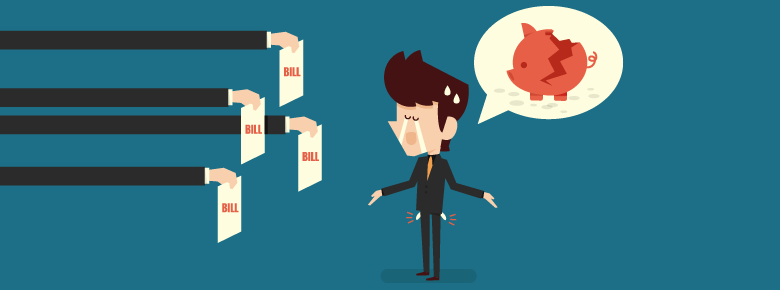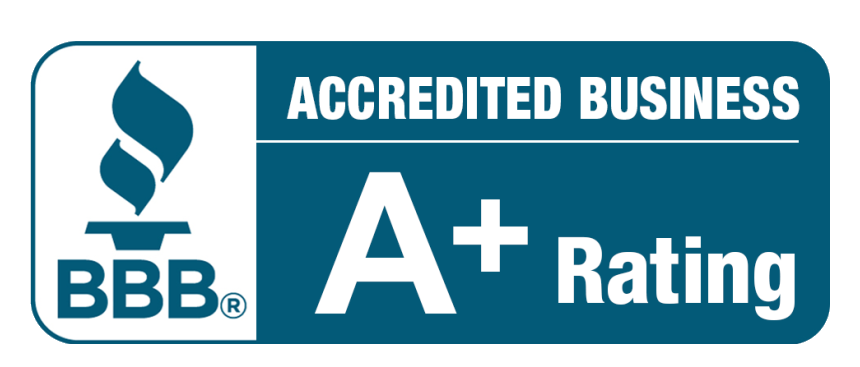
As a business owner, if you find yourself in a situation where you can’t keep up with your bills, it is important to reevaluate. Delinquent debt can quickly get out of hand, and you could find yourself being sued. Difficult to work with creditors and debt collectors will be more aggressive in recovering the outstanding debt the longer your business has been in delinquency. Follow our ten step plan to ensure you’ll never be on the receiving end of a lawsuit from your creditor.
- Don’t Avoid Delinquent Debts: If you begin to fall behind on your payables, the biggest mistake you can make is to ignore the issue
- Know Your Finances Inside and Out: Too often, small business owners don’t have a good grasp of their top line (sales) and bottom line (expenses). You cannot create a budget unless you know your finances thoroughly.
- Make a Budget: Once you know your finances thoroughly, you can create a monthly budget. This will help you to get back on track.
- Cut Out Unnecessary Expenses/Downsize: When you are falling behind on your bills, you need to cut out any expenses that are not vital to running your business. Downsize where you can by cutting back on unnecessary expenses. Are there any assets that you can liquidate for cash on hand? Can you move into a smaller and more affordable space?
- Calculate How Much You Can Realistically Afford Each Month Toward Your Debt: You need to determine how much you can realistically afford each month toward paying down your debt.
- Stick to Your Budget: The point of creating a budget is to handle your debt issues before they get out of hand. The best way to do this is to be disciplined and stick to your budget.
- Communicate With Your Debtors: When owners start ignoring debt issues, it usually means they start to ignore collection calls and emails from their creditors too. This is when the business relationship usually sours, and creditors will start to get more aggressive to try and collect the outstanding debt (e.g. hand the debt over to a collection agency or file a lawsuit).
- Refrain From Mixing Personal and Business Accounts: Keeping business accounts separate from your personal accounts will help keep the business accounts on budget.
- Concentrate on Running Your Business: Focus your time on business activities that drive revenue, instead of spending an abundant amount of time dealing with creditors.
- Get Help: Hire a company that has extensive knowledge of debt negotiation and budgeting. A reputable debt relief company can help you get your debt issues under control, while allowing you to focus on running your business and increasing revenue.



